Hello friends,
I hope you had a wonderful weekend!
This will be a shorter newsletter this week.
For those of you who follow me on Instagram or Facebook, you may have seen that one of our children is battling a health condition. Thankfully everyone is ok, but it has been a challenging and emotional week.
Let’s briefly dive into the bad news and then the good news of the week. We will review your most common questions of the week and end on my silver lining.
What is the bad news?
Almost 488 MILLION cases of COVID have been reported worldwide, with over 6 million deaths.
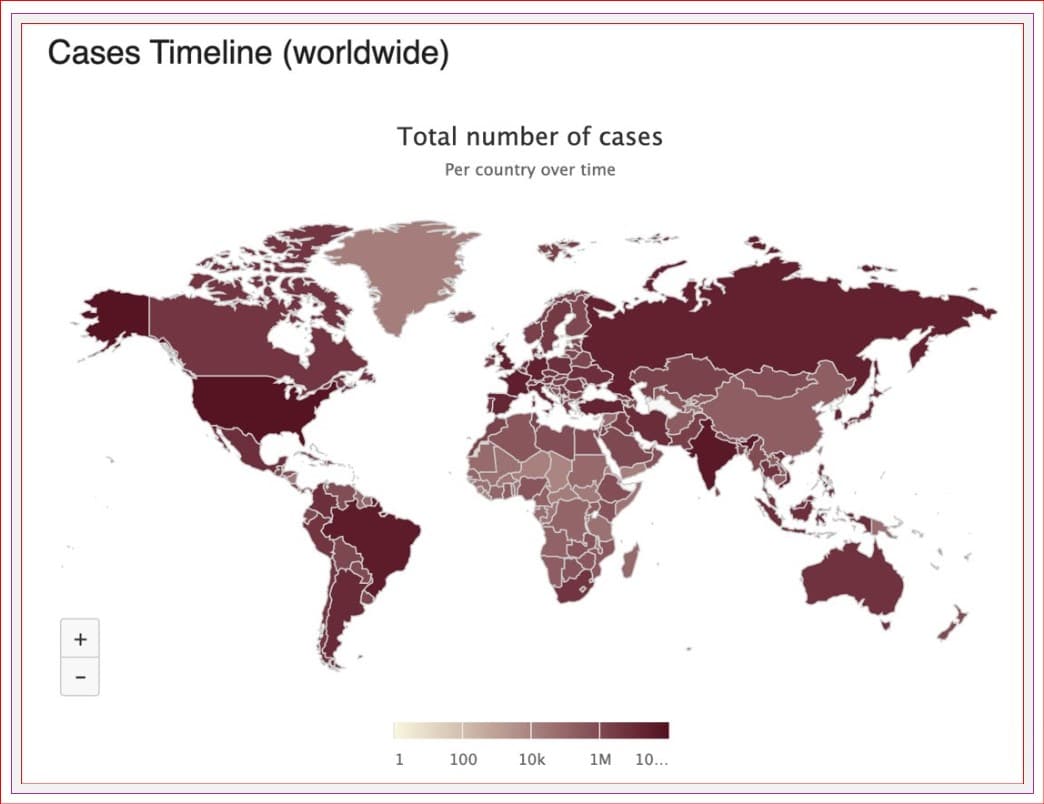
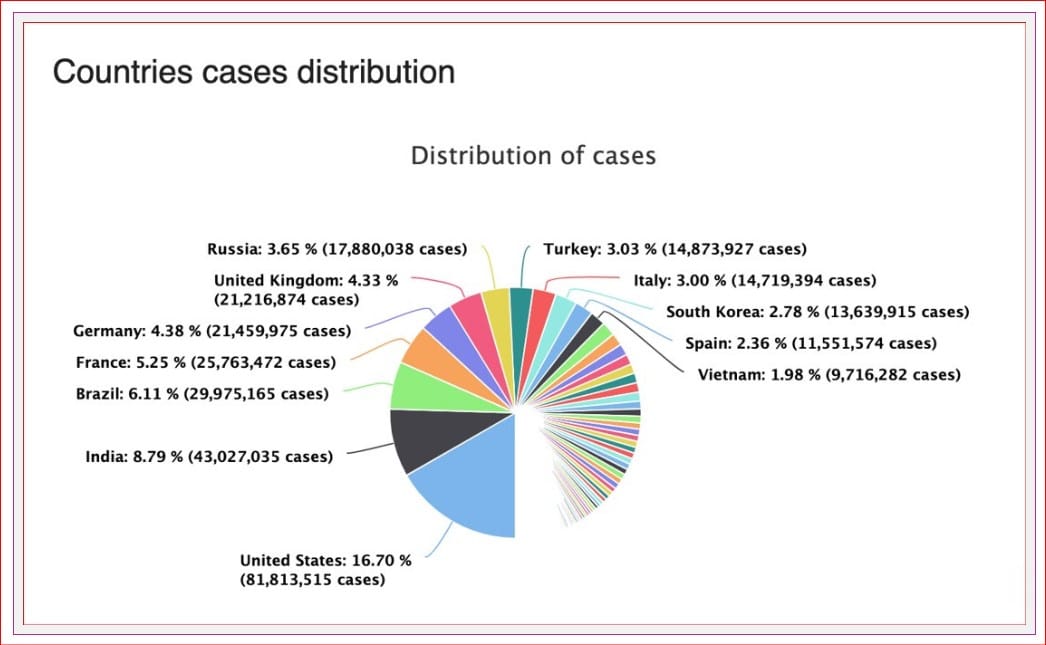
There have been nearly 3.5 million confirmed cases of COVID in Canada, with over 150,000 active cases and these are increasing. Over 37,500 people have died from COVID-related illness in Canada.
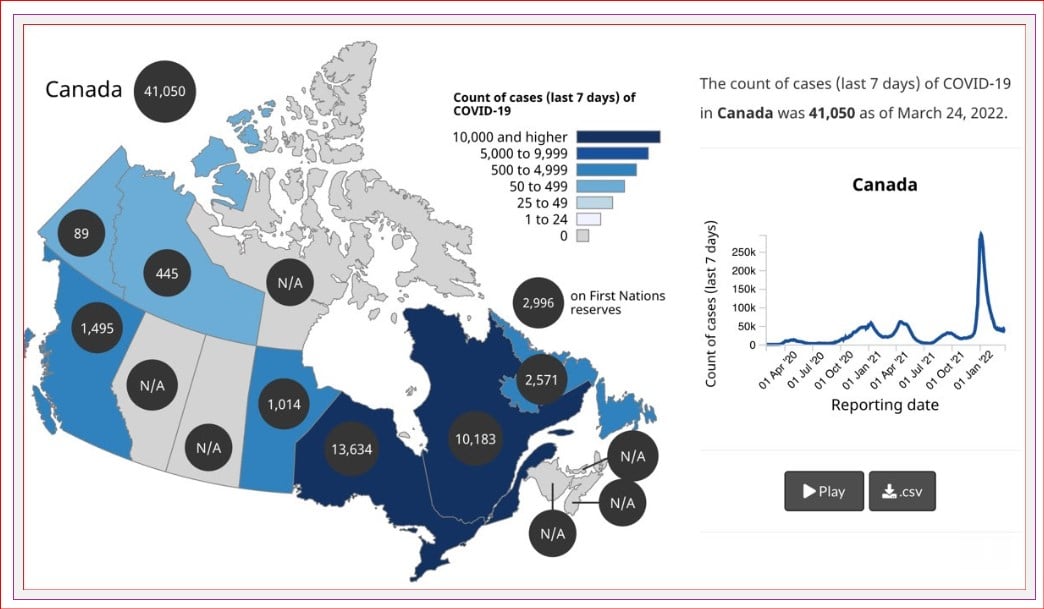
There are now more than 4,000 people hospitalized with COVID-19 in Canada, up from around 3,500 last week.
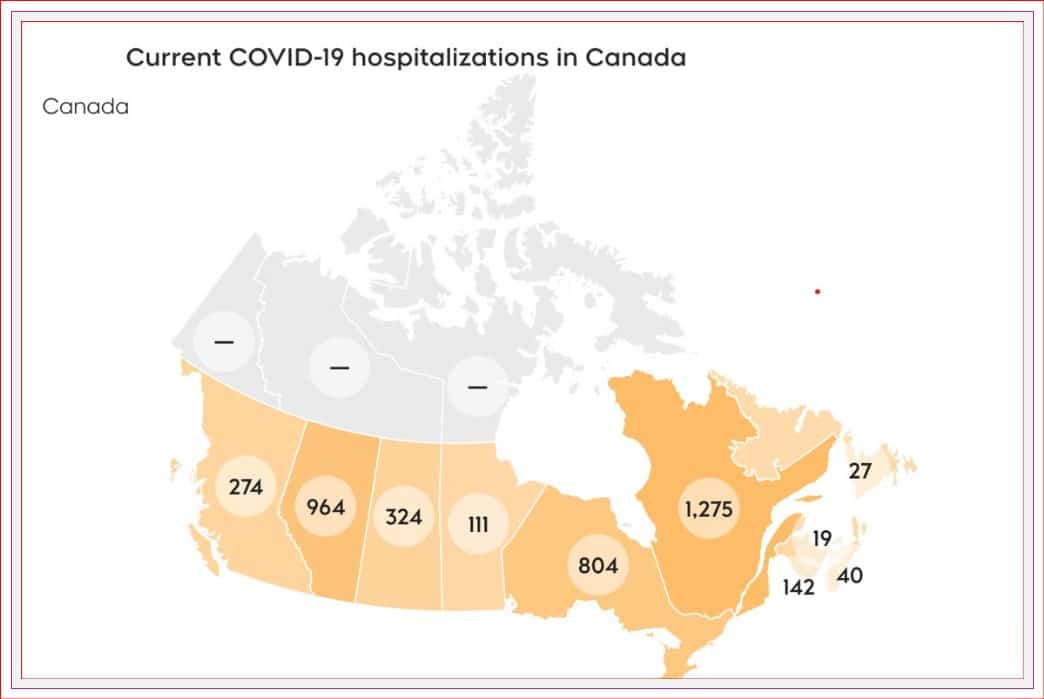
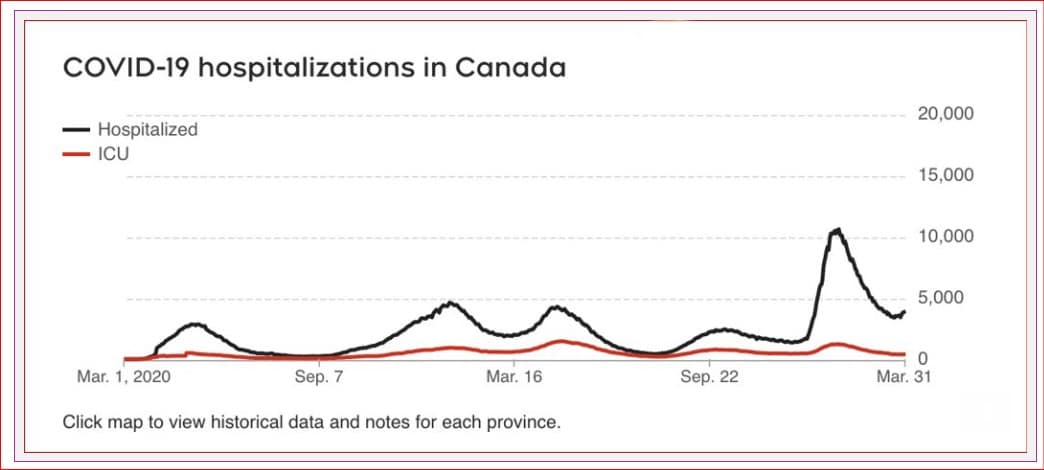
The sixth wave is undoubtedly here. According to Dr. Peter Juni, scientific director for Ontario’s COVID-19 Science Advisory Table, “It’s much more related to the reopening and to our own behaviour than the BA.2 … We’re definitely again in a phase where we’re going up actually quite steeply.”
Admissions are up in Ontario, Quebec, British Columbia, Alberta, Prince Edward Island and New Brunswick.
The World Health Organization confirmed last week that the number of people dying from COVID-19 was up more than 40%. Over 10 million NEW infections and more than 45,000 deaths were reported worldwide. The week before, we saw a 23% DROP in deaths.
With a rise in cases in the United States, fueled by BA.2 as the dominant, very contagious strain, a second booster of an mRNA vaccine is being recommended as early as four months after the first booster dose. President Joe Biden got his second booster dose last week.
Interestingly, despite the rapid spread of BA.2, the Centers for Disease Control and Prevention (CDC) removed its COVID notice against cruise travel this week.
The United Kingdom will no longer provide free rapid test kits, despite record levels of COVID.
What is the good news?
Over 11 BILLION vaccines have been given worldwide, representing 64% receiving the first dose and 58% having two or more doses.
89% of 5+ Canadians have received one dose, and 86% have received two or more.
Questions of the week
Whom can you talk to regarding Ontario testing and isolation information?
The ministry has launched a new toll-free line as an additional resource to help answer questions from the public regarding evolving COVID-19 testing and isolation guidance.
The line can be reached at 1-888-777-0730 and is available from 8 am-6 pm, 7 days a week.
What happens if you get COVID and influenza at the same time?
A new study out of the United Kingdom showed that adults hospitalized with COVID and the flu at the same time are at a greater risk for severe illness and death.
The study was published in the prestigious journal The Lancet. Researchers looked at more than 305,000 hospitalized patients with COVID. Nearly 7,000 of these patients had respiratory viral co-infections, and 227 simultaneously had seasonal influenza and COVID-19.
The researchers found that patients with a co-infection of COVID and influenza were four times more likely to require mechanical ventilation during their hospital stay. The study also suggested that these patients were 2.4 times more likely to die than patients hospitalized with COVID alone.
Are you as likely to require hospitalization if you get COVID a second time?
A new study of more than 106,000 hospitalized patients 18 years and older found that the risk of requiring admission to the hospital due to a breakthrough infection is minimal.
The researchers found that only 69 hospitalized patients had a prior COVID infection. Hospitalization rates in those studies were: 6/10,000 for vaccinated patients; 3/10,000 for previously infected but unvaccinated people; and 1/10,000 for vaccinated people who had previously been infected with COVID-19.
Study co-author Dr. Aaron Tande said, “COVID-19 vaccine provides additional protection, even if they have been previously infected. For those who have not been infected, vaccination remains the safest and most reliable route of protection”.
Does the Pfizer vaccine prevent severe illness in kids?
Another study shows that children aged 5-11 who received a Pfizer vaccine were 68% less likely to require hospitalization during the Omicron wave in the U.S. than unvaccinated kids.
Adolescents aged 12-18 who received two shots of the Pfizer vaccine were 40% less likely to require hospitalization with the Omicron variant. Children in this age group were 80% less likely to require ventilation or die if they received the vaccine.
Non-COVID related
Toronto Blind-Low Vision (BLV), Infant Hearing Program (IHP) and Preschool Speech and Language (PSL) programs previously offered by Toronto Public Health will now be provided by Surrey Place.
This lead agency change will allow children requiring BLV, IHP and PSL services to access a broader continuum of integrated rehabilitation services such as occupational therapy, physical therapy, and autism services in one place.
My silver lining of the week
When you go through a health scare with a loved one, it puts into focus all of your blessings. Certainly, I would rather not receive this lesson that way, but I think a positive mindset and optimism go a long way.
This week was scary, overwhelming, and stressful. But the courage and fearlessness that our son has shown has been inspiring. Kids’ ability to roll with the punches and pivot is remarkable. They can teach us a lot.
Have a wonderful week, everyone,


![[Dr. Dina News] IMPORTANT UPDATE re. VIRTUAL CARE](https://drdina.ca/wp-content/uploads/2021/01/dr-dina-kulik-kids-and-virtual-care-1a-400x250.jpg)
![[Dr. Dina News] COVID-19 Vaccine for Infants and Young Children.](https://drdina.ca/wp-content/uploads/2021/04/dr-dina-kulik-kids-and-vaccines-400x250.jpg)
![[Dr. Dina News] COVID-19 Vaccine for Infants and Young Children.](https://drdina.ca/wp-content/uploads/2022/04/DRD-1-400x250.jpg)






